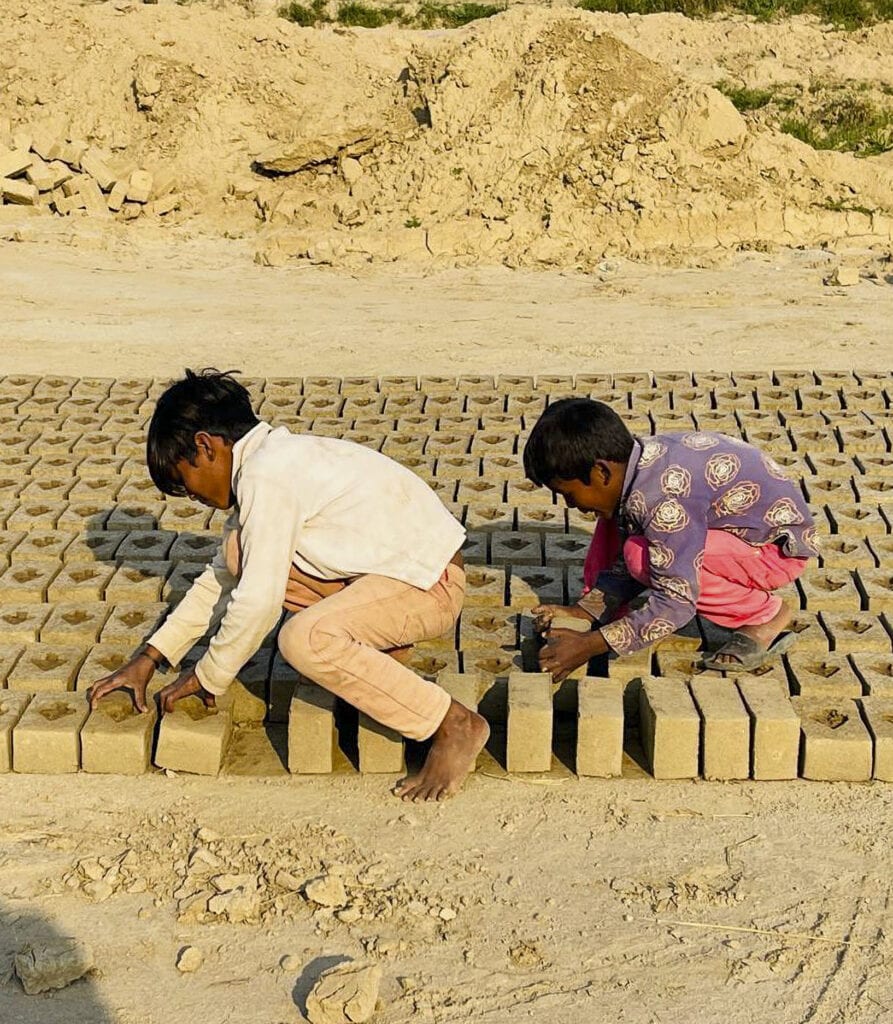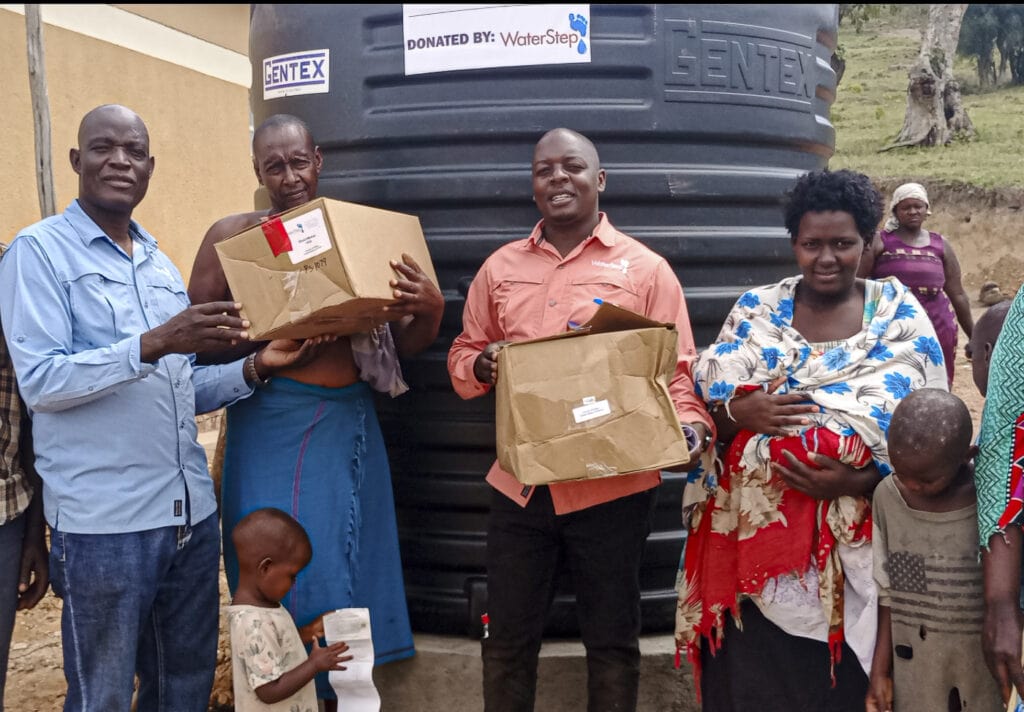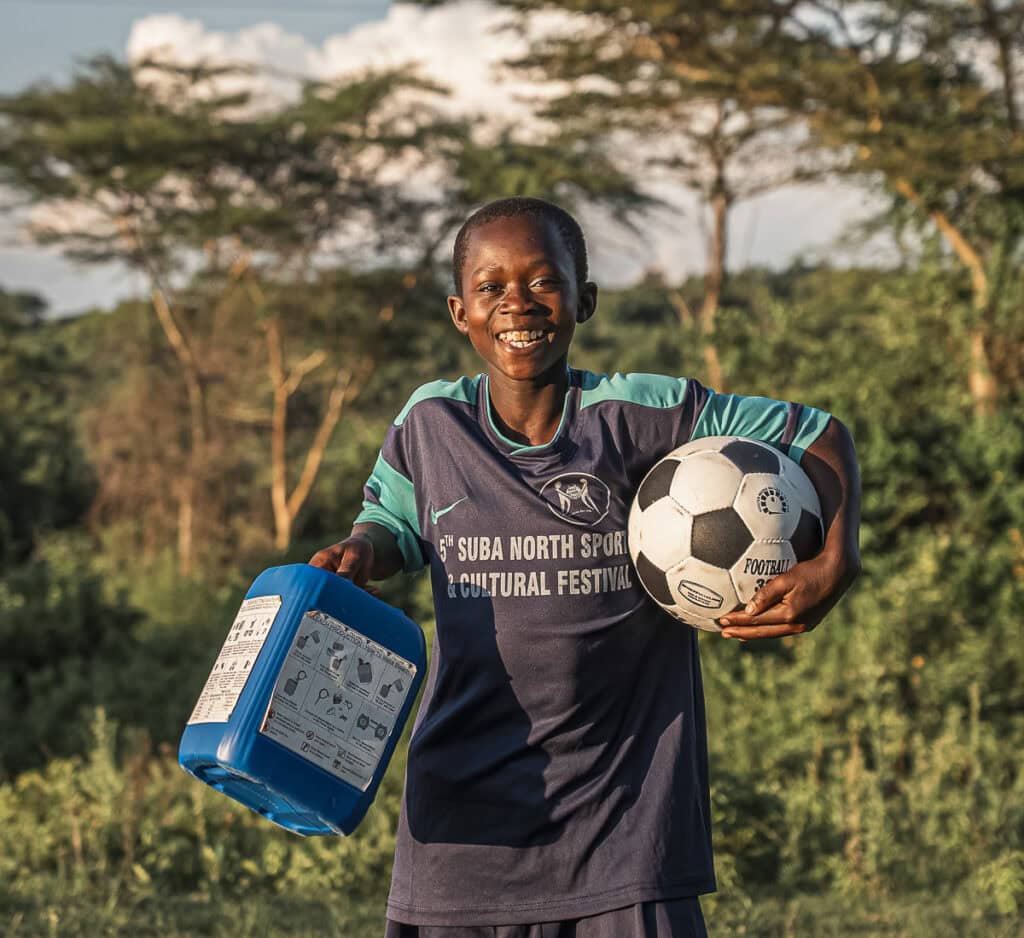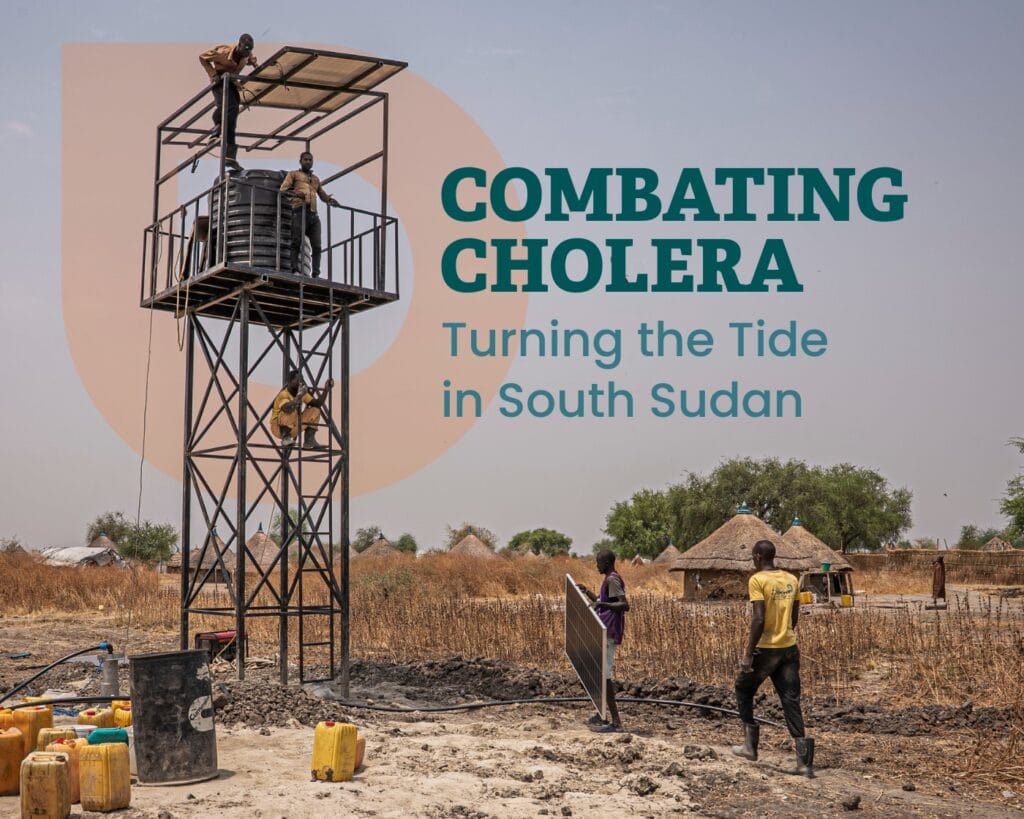Every Prison in Kenya Now Has Safe Drinking Water
“What WaterStep is doing is enormously beneficial to us — enormously. It is impactful, and it is practical.”
– Madame Dr. Salome Beacco,
Principal Secretary of the State Department for Correctional Services, Kenya
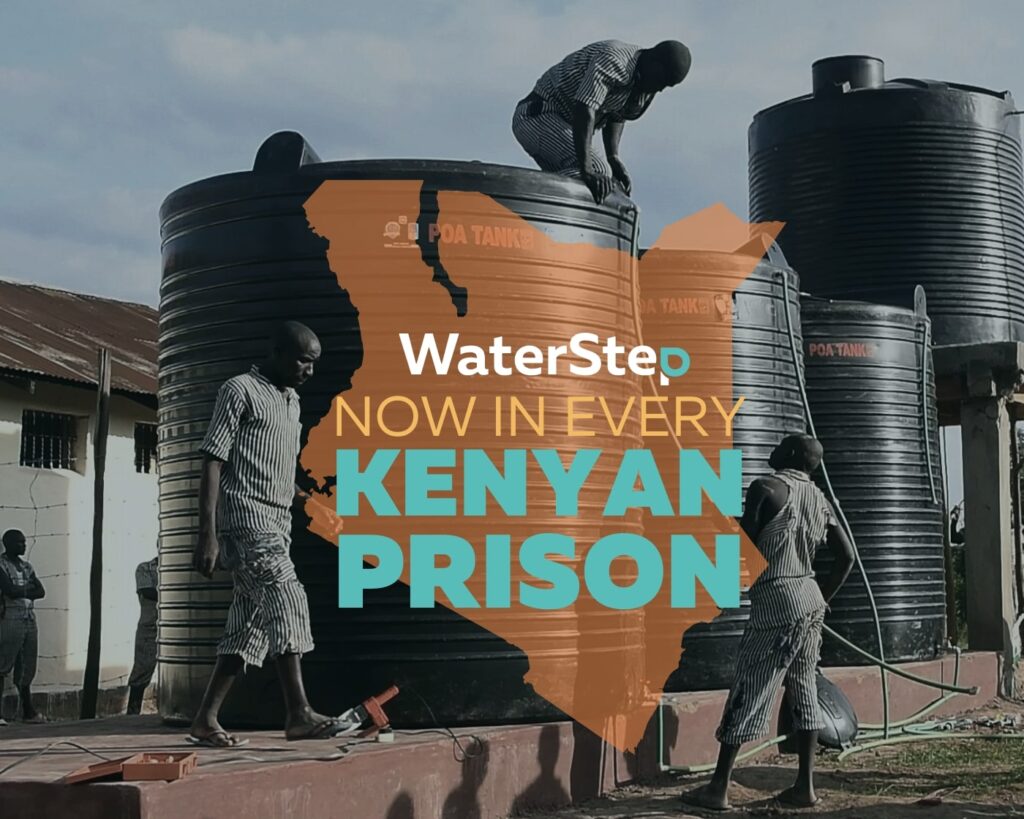
/ By Kristina Goetz
WaterStep, a U.S.-based nonprofit organization specializing in global safe water solutions, has successfully implemented its WASHUp program across all 135 prisons in Kenya. This landmark achievement has not only improved health conditions but also brought sweeping changes to the daily lives of inmates and prison staff, ultimately strengthening rehabilitation programs and reducing the financial burden on the Kenyan government.
Since 2013, WaterStep has implemented 1,380 projects in Kenya, bringing safe water to nearly 5 million people. Those projects have been in schools, hospitals, clinics, churches, community centers, and within women’s empowerment groups. WaterStep works in all 47 counties in the country.
Now, WaterStep has scaled its patented technology and trademarked programs across an entire sector of the country that has an estimated 57,000 inmates and 30,000 staff members, demonstrating how systemic improvements in safe water access create lasting change in entire communities.

“What WaterStep is doing is enormously beneficial to us — enormously,” said Madame Dr. Salome Beacco, Principal Secretary of the State Department for Correctional Services, Kenya. “It is impactful, and it is practical.”
She added: “Number one, hygiene. It means that the standards of hygiene and cleanliness have been enhanced. Number two, disease control. Because we have regular water supply, it means that people can shower. People can keep their facilities clean. People drink clean water. People wash their clothes with clean water. And then number three, a saving of time because people don’t have to walk long distances to look for water from rivers. And that takes a lot of time to get, and also maybe the water is contaminated. So, time is not wasted on such things. And therefore, these inmates and officers can focus on rehabilitation programs like carpentry, welding, knitting, tailoring, and then formal education. Last year alone, we had 29 officers and inmates graduating with a degree in law. Why? Because we are not spending our time going to look for water.”
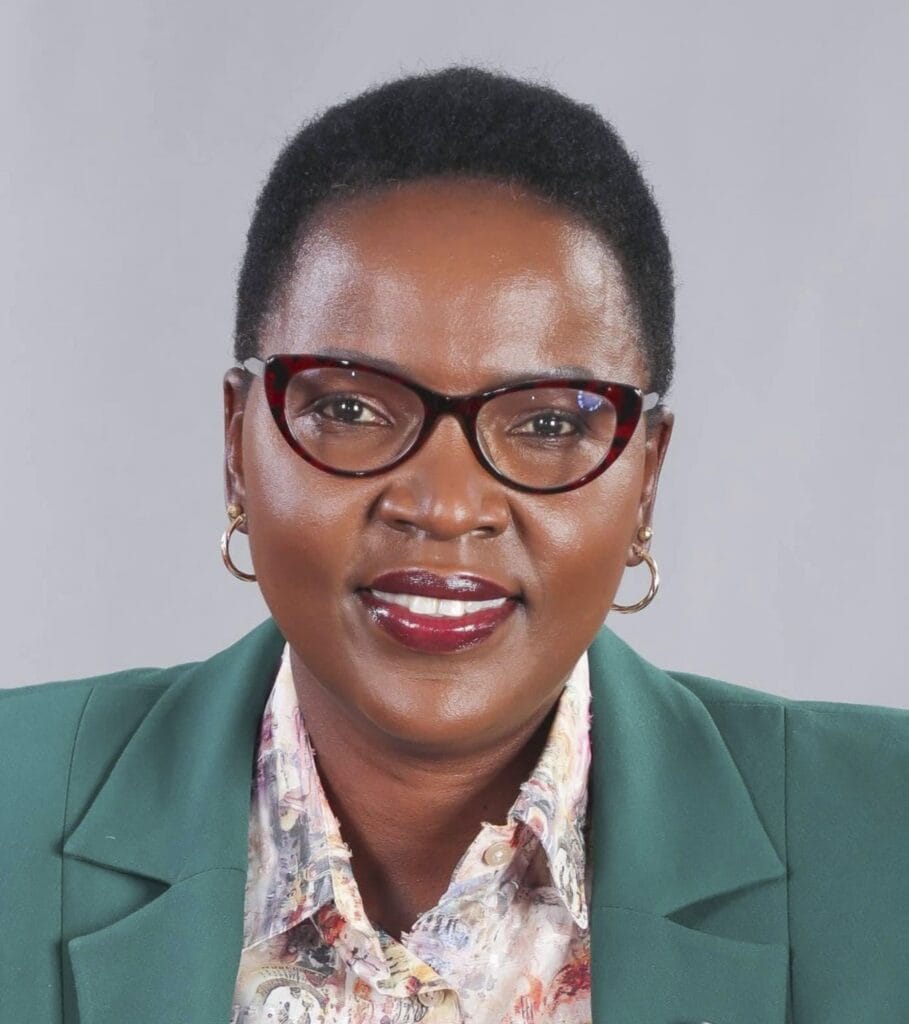
For years, Kenya’s prisons faced serious safe water shortages, which led to unsanitary conditions and significant health problems among inmates and staff. Prisoners were forced to walk long distances to collect contaminated water from rivers, which led to waterborne diseases, skin infections, and other health concerns. In some prisons, basic hygiene was a daily struggle.
Collins Otuoma Obiri, who was released from Shikusa Farm Prison late last year, experienced these conditions firsthand and recalled how difficult it was to lack access to safe water. Once, he was so sick with stomach pains he was sent to the hospital. A doctor told him he needed safe water, but that was impossible. The situation was so bad, Collins remembered: “I thought maybe even God had forgotten us.”
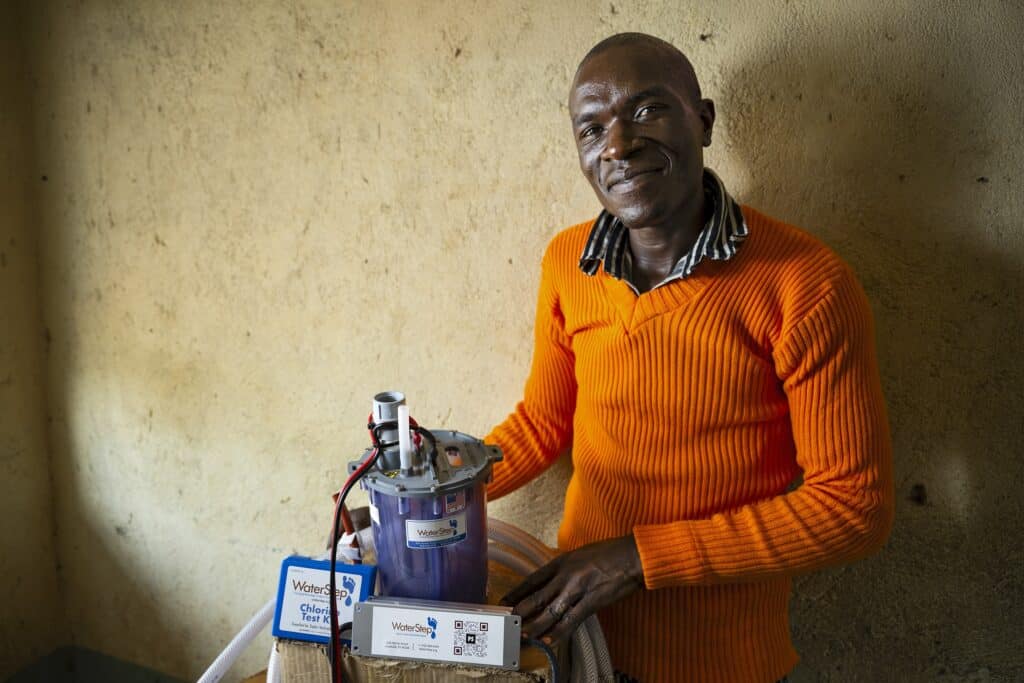
However, in late 2023, WaterStep implemented a safe water system at Shikusa, bringing about dramatic improvements in health and hygiene standards. The system included water tanks, a purification system, and plumbing to supply safe water for drinking, cooking, hygiene, and sanitation. The change has been transformative.
But the impact of WaterStep’s safe water systems goes beyond health and hygiene. Prisons are now able to have vegetable gardens because crops can be irrigated.
“We are even able now to have orchards where we grow fruit trees because we have water,” Madame Dr. Beacco said. “And even in some prisons, now, we are keeping animals. We have water pans for keeping fish. We are able to keep rabbits. We are able to keep chickens. We are able to keep cows for milk and sometimes for beef. And we are able to run mills there for the maize that we grow. And also, the rice that we grow is predicated upon having sufficient quantities of water.”
With more safe water available, prisons have also been able to beautify their facilities and create more conducive environments for rehabilitation, she explained. Prison properties have been landscaped, and trees have been planted as part of the country’s Greening Kenya Campaign. With water now available, the plants will continue to grow.

WaterStep’s initiative has also led to cost savings for the Kenyan government. With better hygiene and fewer illnesses, medical expenses have decreased significantly.
“People are less sick, they’re using clean water, they have less disease, so the government is saving a lot of money that would otherwise be spent on medical expenses,” Madame Dr. Beacco said. “And that money is channeled to better things.”
Humphrey Muchuma, country director for WaterStep Kenya, who has worked to implement safe water systems across the country, emphasized the far-reaching impact of these efforts.
“WaterStep has brought a life-changing solution,” he said. “I’ve taught prisoners who had no idea of basic hygiene how to wash their hands so when they leave prison, they are better off than when they came in.”
Safe water systems installed in the prisons are part of a broader effort to provide sustainable access to safe water across Kenya – and the world. With more than 30 years of experience in 72
countries, WaterStep’s mission continues to expand as the organization looks to replicate its success in other nations.

Mark Hogg, founder and CEO of WaterStep, called the program’s success in Kenya a turning point.
“This milestone in Kenya shows that with the right solutions, we can impact entire systems,” he said. “Scaling our efforts across networks like prisons not only improves individual lives but strengthens communities as a whole. Our work in Kenya is a testament to how safe water can help transform public health.”
As WaterStep’s work continues, the organization remains committed to expanding its reach and improving the lives of vulnerable populations globally. Ongoing partnerships with NGOs, governments, and private businesses will bring projects to more communities, ultimately working to ensure that safe water becomes a universal human right.
“Partnering with the prison system has really brought us a big change,” Humphrey said. “In Kenya, we know the struggles, but we also know how much we can achieve when we come together.
Before WaterStep, life in our prisons was difficult – no safe water, poor hygiene, and a lot of health problems. Now, things are different. With safe water, the inmates can shower, drink safe water, and live in better conditions. It’s not just about the water itself – it’s about giving them a chance to change, to learn, and to prepare for life outside. We see it every day. WaterStep has not only provided a solution; they’ve been a true partner in this journey.
“As a Kenyan, I’m proud to see the difference we’ve made together. This partnership shows that WaterStep is deeply invested in progress. They are committed to helping us transform our systems, and I believe we are only just beginning. Together, we are building a future where everyone has the chance to rise, to reclaim their strength, and to contribute to the future of our nation. The same impact will be transferred to their families and immediate neighbors thus saving lives as we endeavor to make WaterStep a household name.”
